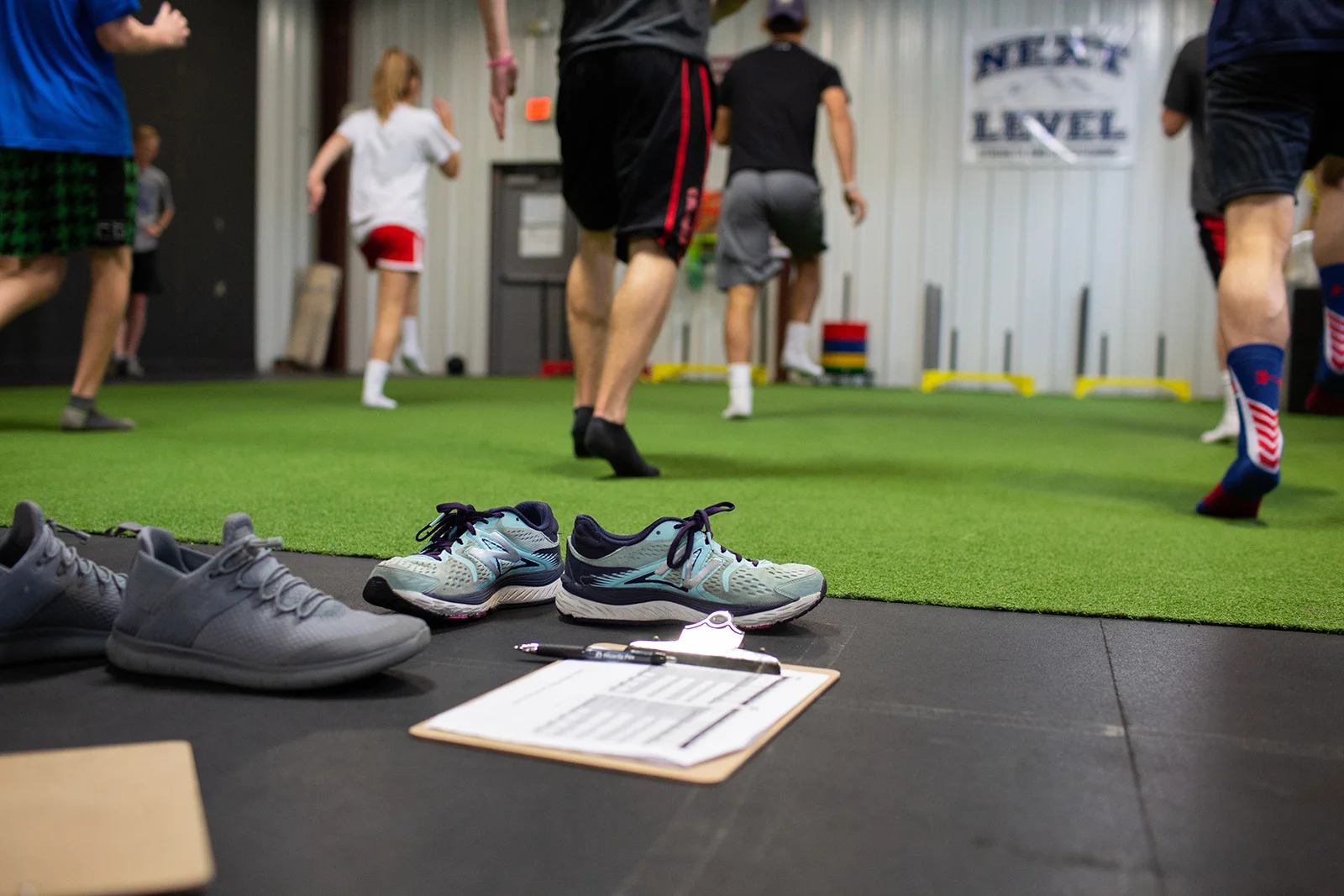*This post is directed to any parent, youth coach, or anybody who has close ties to a youth participating in sports. The purpose of this post is not to dive too much into science or social aspects of sport but to be general and to the point*
During my time as a Soccer coach in my hometown, I cross paths with many parents and coaches (not just in soccer and not just my hometown) who have their children involved in youth athletics. In my opinion (and science agrees) involvement in athletics at an early age is probably the most important and influential thing you can do for your child. Not to get off topic, but the social, cognitive and motor development that takes place in youth athletics that develop throughout the lifespan provides enough discussion for a college course. To get back to the topic of this post, the problem with youth athletics is when parents and coaches dictate their kid to choose just one sport so they can play just that one sport year round, otherwise known as specialization.
What Does Sport Give Us?
Not to get too deep or too scientific it is necessary to give small background about just two of the many aspect of sports that I find critical in youth development.
Socially speaking, sports allow kids to express themselves to their peers and allow them to meet possible lifelong friends. The majority of kids who continue to play sports growing up develop these close ties with peers that they will establish throughout high school and later in life. In addition, it allows kids to work in team settings, solve problems and overcome barriers....All things that happen in every stage of life. Sports are amazing, and they need to be experienced.
Physically Speaking, there are several domains to dive into that are far beyond the scope of this post. Most importantly, youth athletics, allow kids to develop fundamental motor skills. Research shows there are 22 fundamental motor skills ranging from kicking, throwing, turning, twisting and several more. It is clear to note that Sports and practice obviously reinforces and teaches these skills, some sports more than some. For example, kicking patterns are obviously more prevalent in soccer than baseball, which will have more throwing patterns. None the less, it is still important that our youth is exposed to all of these motor skills.
What Specialization Will Not Give Your Kids
If a child is only exposed to one sport they will miss out on several possible friends and experiences from other sports. Lets not forget, that involvement in multiple sports can increase the amount of fun they have. They're kids, they need a childhood filled with positive and fun memories. In addition, from an athletic standpoint your child will not fully develop into a complete athlete. Not everyone is going to be a great athlete, and even those who are great do not play past high school. However, if you look at the majority of athletes in the pro's or college, I guarantee most of them played several sports growing up, and were exposed to all of the motor development skills.
In my case, I played basketball, football, soccer and ran track and wrestled for a year all before 6th grade. When my one season was over, a new sport started. In my case it wasn't until high school, that I (Myself, not my parents) decided to focus on soccer only, so that I could play in college. As a kid I excelled at soccer the most but I believe if my parents made me play soccer year round at the age of 7, I would have gotten sick of it, and not have been the complete athlete as I am due to other sports.
In addition, specialization typically will lead to overuse injuries. Take a young child who only plays baseball. They only hit/throw to one side & only run around the diamond in one direction. Playing multiple sports can also keep kids injury free.
What The Experts Are Saying
